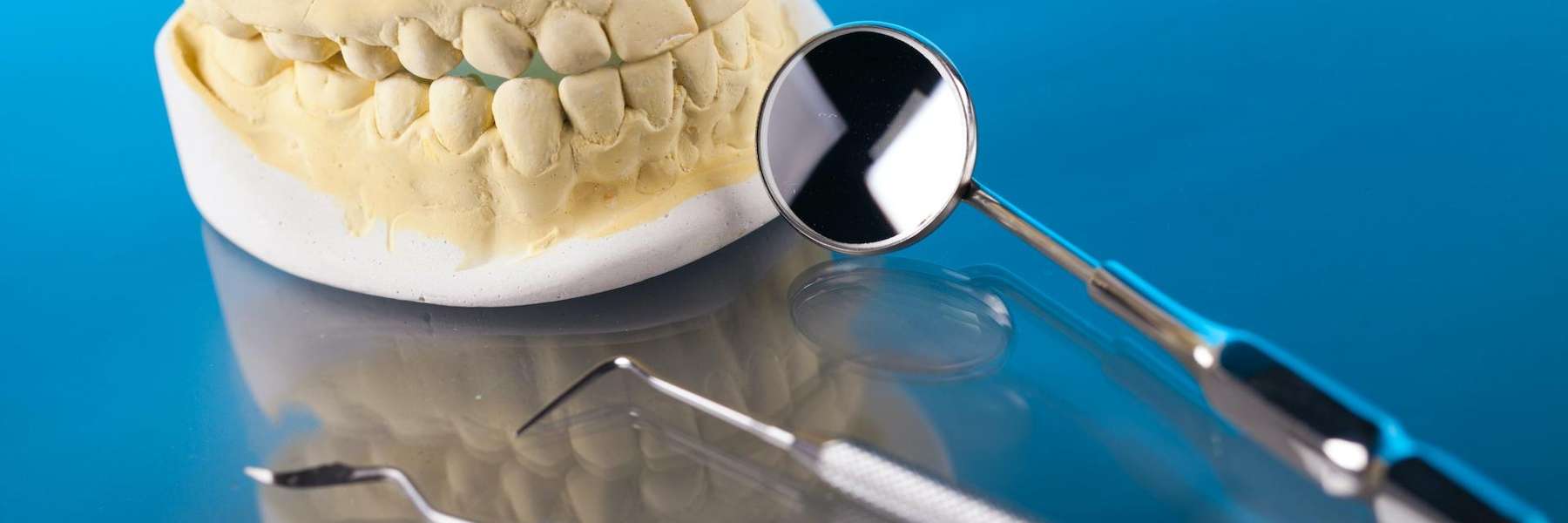
We all know the importance of a good night’s sleep. Unfortunately, millions suffer from sleep disorders that not only deprive them of the quality sleep that boosts physical and mental health but actually can actually leave a person more tired!
Today, we’re looking at sleep apnea, its symptoms, the risks of ignoring it, and the innovative ways it can be neutralized.
What Is Sleep Apnea?
Sleep apnea is when sleep is interrupted by airway blockages that result in irregular breathing. These interruptions cause pauses in breathing throughout the night. The most common form of sleep apnea is “obstructive sleep apnea,” in which throat muscles relax and narrow the airway during sleep.
What Are the Symptoms of Sleep Apnea?
The most common symptoms of sleep apnea include:
- Frequent, loud snoring
- Gasping or choking during slumber
- Frequent headaches, especially in the morning
- Persistent daytime fatigue
- Reduced concentration and memory lapses
- Mood swings
The Risks Associated with Untreated Sleep Apnea
Untreated sleep apnea can pose risks to both your physical and mental health. The chronic fatigue resulting from sleep apnea can cause impaired memory, focus, and concentration, as well as mood disorders, including anxiety and depression.
Physically, sleep apnea can cause cardiovascular issues like hypertension, heart disease, and elevated risk of stroke, and often aggravates conditions like diabetes.
Innovative Sleep Apnea Treatment Solutions
How do we minimize or eliminate the effects of sleep apnea? Thanks to advancements in treatment technology, we have a variety of answers to this question! Common innovative treatments for sleep apnea include:
- Continuous positive airway pressure, or “CPAP” machines, are the most traditional treatment, though it must be said that they can be less than convenient and comfortable.
- Oral appliances, also known as mandibular advancement devices (MADs), are designed to keep the airway open during sleep. They are compact, comfortable, and convenient.
- Upper airway stimulation (UAS) therapy involves a small device to stimulate the hypoglossal nerve to prevent airway obstruction.
These innovative solutions and treatments, and others that your dentist can recommend, provide effective options for sleep apnea sufferers.
Sleep Apnea Treatment in West Allis, WI
If you’re looking for a dentist in West Allis, WI, with expertise in treating sleep apnea as well as performing a comprehensive range of preventative and corrective dental procedures, contact dentist Dr. Roberto Monteagudo and the team at Wisconsin Smiles to schedule a consultation!
